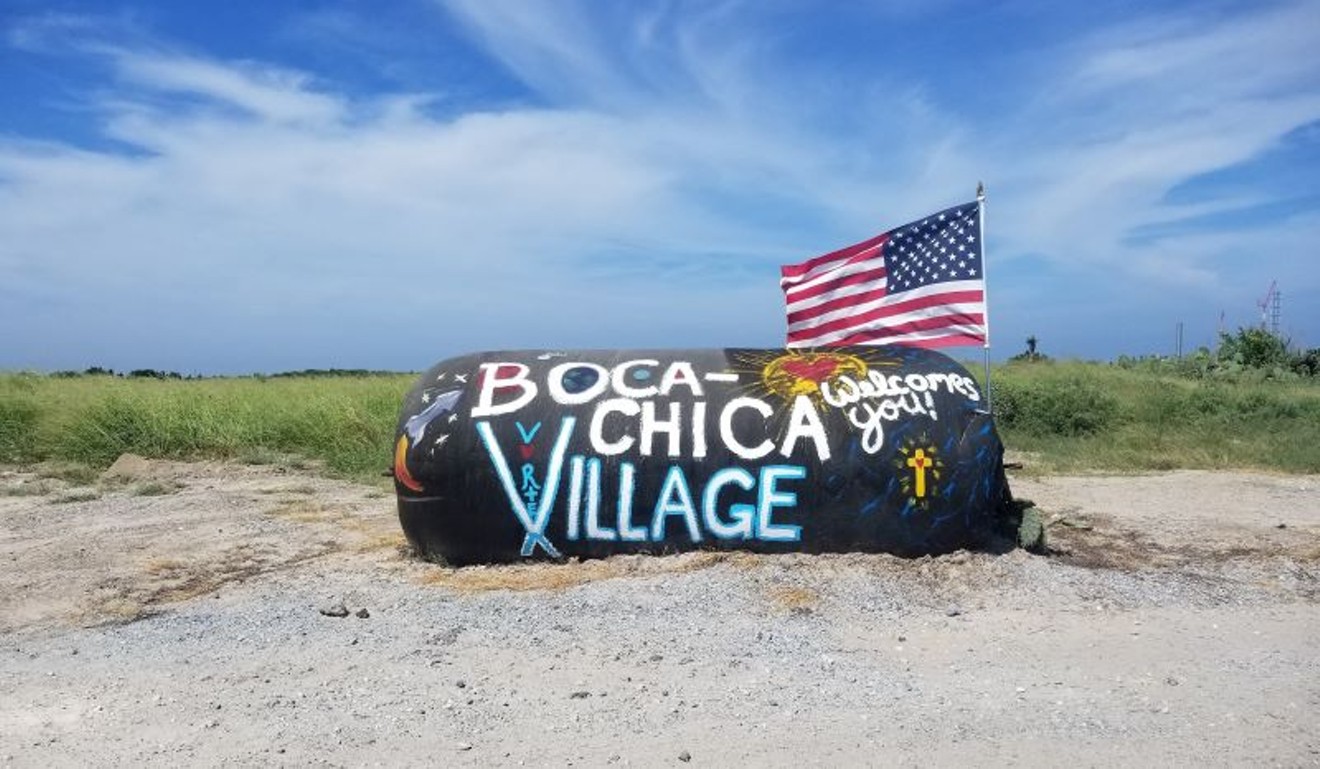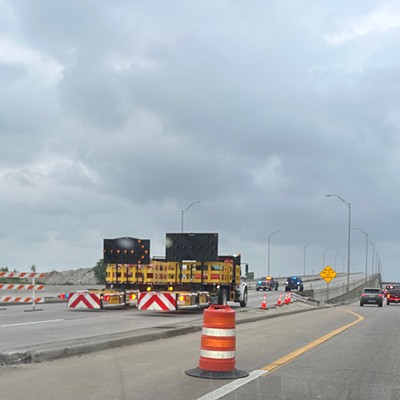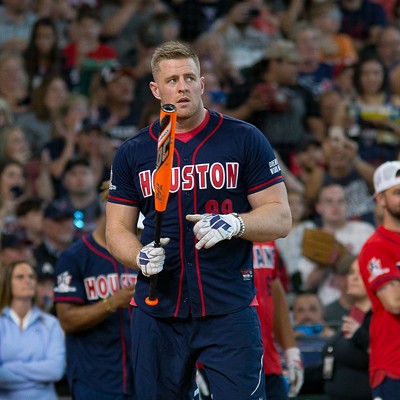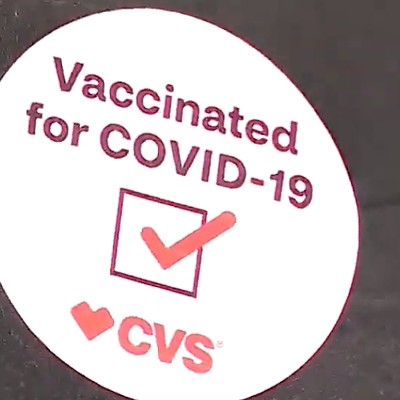Wednesday night, SpaceX launched what is being hailed as “the world’s first all-civilian mission to orbit” on Wednesday evening from Cape Canaveral, Florida). Inspiration4, crewed by two men and two women, will become another flashy bit of advertising for the new wonderful world of space tourism.
Admittedly this flight, which will last three to four days and see the lucky civilians on board conducting experiments and taking in the view from the Dragon capsule’s glass domed window, is an intriguing step forward.
Although both Richard Branson and Jeff Bezos (on Blue Origin) launched their own space tourist flights back in July both were suborbital flights where even though the rocket ship crosses the hazily defined boundary that is space the vehicle isn’t going fast enough to stay there. SpaceX’s mission, by contrast, is a fully-fledged orbital flight.
In fact, the flight will take the four-person crew (which will include the billionaire Jared Isaacman, a former cancer patient who now works at St. Jude, aerospace engineer Chris Sembroski, and geologist Sian Proctor, who nearly made it into astronaut training in 2009) to orbit about 360 miles above the globe, 93 miles higher than the International Space Station. The plan is to spend three to four days in orbit before splashing back down into the Atlantic, classic Mercury-era astronaut-style.
But what’s more interesting, for Houston purposes, is where they and the other two space tourism launches have set off from. SpaceX is taking the traditional route and launching from Kennedy Space Center in Florida, but in July Branson’s space launch shot into the air from Spaceport America in the New Mexico desert, while Bezos went for his space-seeing jaunt from Van Horn, Texas.
Now, we have long raised our eyebrows at the idea of Ellington Field becoming the Houston Spaceport. After all, even though there are now a dozen Federal Aviation Administration-licensed spaceports in the United States, most of them have not actually been used yet. In fact, Branson’s launch was a big deal for Spaceport America precisely because the first spaceport in the country had sat languishing since it officially opened nearly a decade ago. Meanwhile, yes Corn Ranch, the site of Bezos’s launch out in West Texas, has been the site of 19 launches and test flights since 2006, but the nearby Midland International Spaceport is still more of an idea than a reality.
So what does this have to do with Houston? Well, it should make you wonder about our own nascent launchpad to space, the Houston Spaceport that became officially under construction after a groundbreaking ceremony in June.
Our spaceport is looking promising from some angles. After all, the Houston Airport System inked a deal to share information with NASA back in 2015 that meant it would be a bit easier for the minds behind this project to actually build it. And even though the bulk of the funds required (between $48 and $122 million) to turn a former World War I-era training site into a 21st century spaceport will only be secured if Houston manages to ensnare enough private companies to construct it, in December Axiom, the company behind the plan to build a space hotel and plans to build a commercial space station, committed to making the spaceport its headquarters.
And in May Collins Aerospace announced it was constructing a manufacturing facility and startup incubator on the site. Some people might even look at these two developments and think that we’re well on our way to finally seeing Houston become the home of human spaceflight, from launch to mission control to landing.
However, there’s one key thing that Houston is missing to make that into a reality. You know what the Houston Spaceport doesn’t have? SpaceX, Virgin Galactic, or Blue Origin. And it seems unlikely we’ll be getting any of their major launch business any time soon.
Branson’s Virgin already has Spaceport America, while Bezos’s Blue Origin is ensconced in Van Horn. And Elon Musk’s SpaceX is launching in Florida for now, but he’s been testing rockets down on a site along the Texas Gulf Coast by Boca Chica Beach near Brownsville, and there’s already a mural with his face on it in the heart of the town.
In other words, the biggest names in the private space tourism race have already got other sites, all in relatively remote locations that make the idea of launching from Space City sound like a pretty large stretch. For now, at least.
However, we’ve come a lot closer to making what might have just remained a pipe dream into a reality, and maybe we’ll snag one of the big-name companies in the months and years to come. After all, at least one of these towns might eventually get tired of having rocket launches in its backyard.
Support Us
Houston's independent source of
local news and culture
account
- Welcome,
Insider - Login
- My Account
- My Newsletters
- Contribute
- Contact Us
- Sign out

Surely Houston would be able to convince Elon Musk to move his base of operations up to here from South Texas?
Photo by Margaret Downing
[
{
"name": "Related Stories / Support Us Combo",
"component": "11591218",
"insertPoint": "4",
"requiredCountToDisplay": "4"
},{
"name": "Air - Billboard - Inline Content",
"component": "11591214",
"insertPoint": "2/3",
"requiredCountToDisplay": "7"
},{
"name": "R1 - Beta - Mobile Only",
"component": "12287027",
"insertPoint": "8",
"requiredCountToDisplay": "8"
},{
"name": "Air - MediumRectangle - Inline Content - Mobile Display Size 2",
"component": "11591215",
"insertPoint": "12",
"requiredCountToDisplay": "12"
},{
"name": "Air - MediumRectangle - Inline Content - Mobile Display Size 2",
"component": "11591215",
"insertPoint": "4th",
"startingPoint": "16",
"requiredCountToDisplay": "12"
}
]
KEEP THE HOUSTON PRESS FREE...
Since we started the Houston Press, it has been defined as the free, independent voice of Houston, and we'd like to keep it that way. With local media under siege, it's more important than ever for us to rally support behind funding our local journalism. You can help by participating in our "I Support" program, allowing us to keep offering readers access to our incisive coverage of local news, food and culture with no paywalls.
Dianna Wray is a nationally award-winning journalist. Born and raised in Houston, she writes about everything from NASA to oil to horse races.
Contact:
Dianna Wray
Trending News
- Celebrity Rosters Announced for J.J. Watt Charity Softball Game
- A Conroe ISD Teacher Is Taking The Fight Against Book Removals Into Their Own Hands
- Rockets 2023-24 Report Card: The Starters
-
Sponsored Content From: [%sponsoredBy%]
[%title%]

Don't Miss Out
SIGN UP for the latest
news, free stuff and more!
Become a member to support the independent voice of Houston
and help keep the future of the Houston Press FREE
Use of this website constitutes acceptance of our
terms of use,
our cookies policy, and our
privacy policy
The Houston Press may earn a portion of sales from products & services purchased through links on our site from our
affiliate partners.
©2024
Houston Press, LP. All rights reserved.






